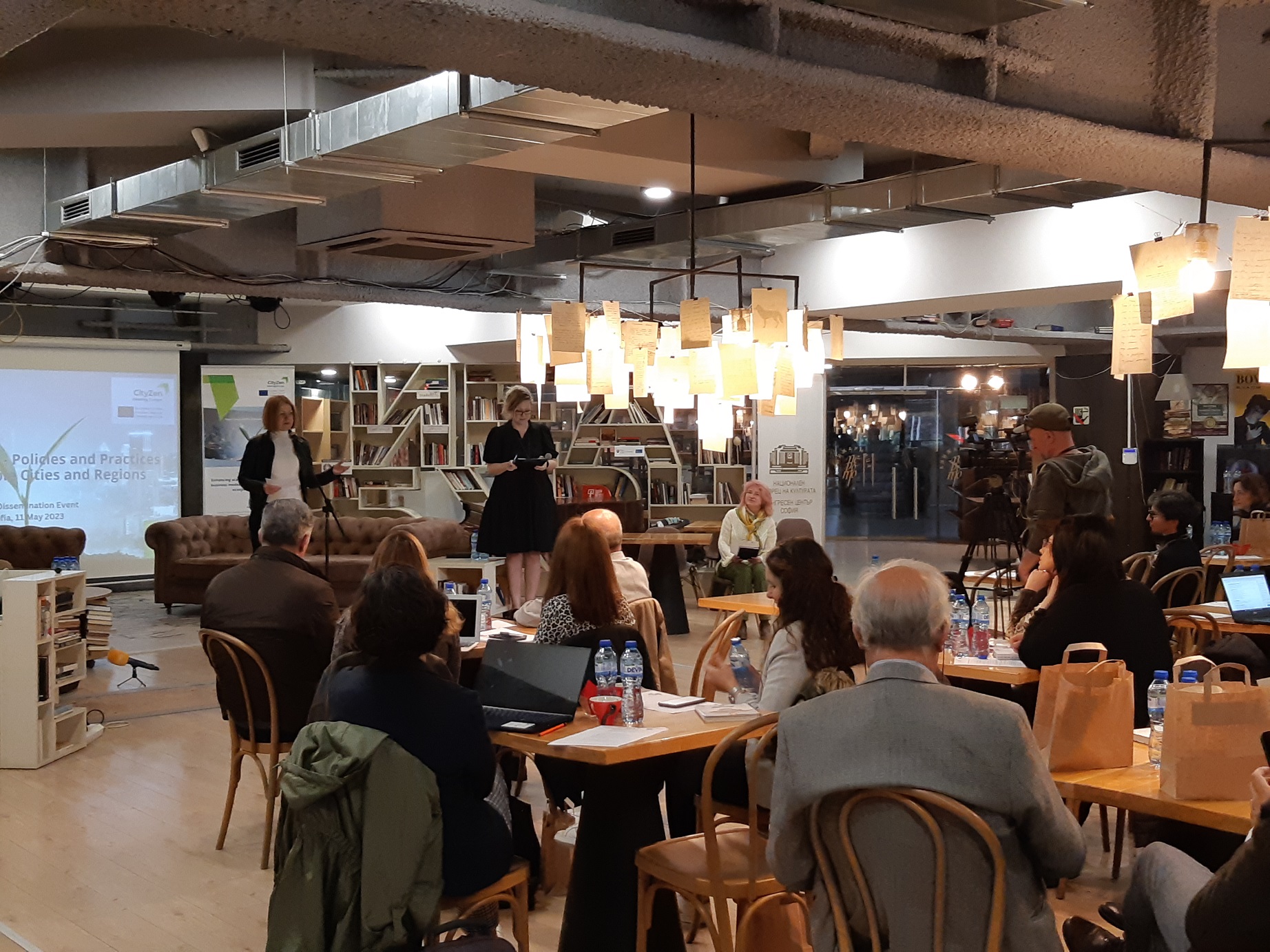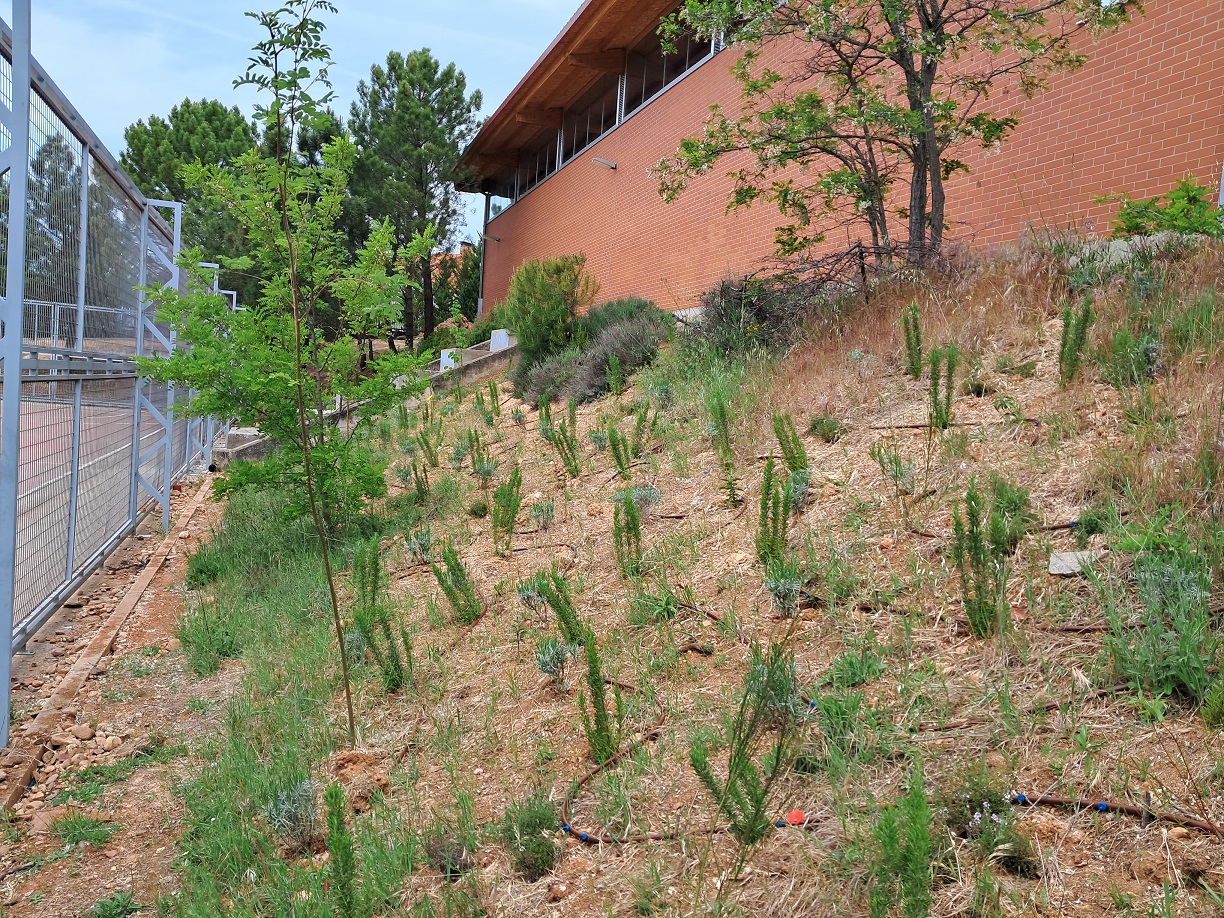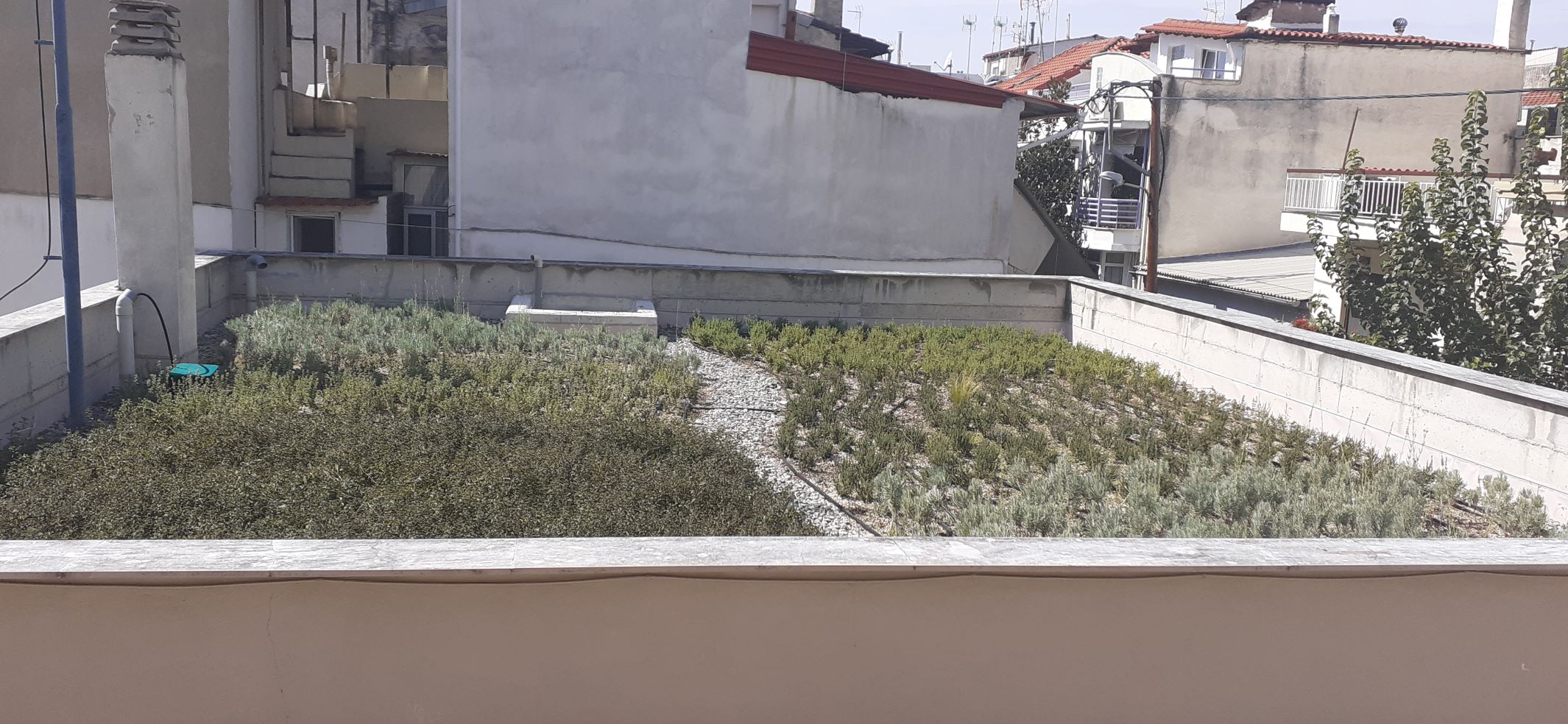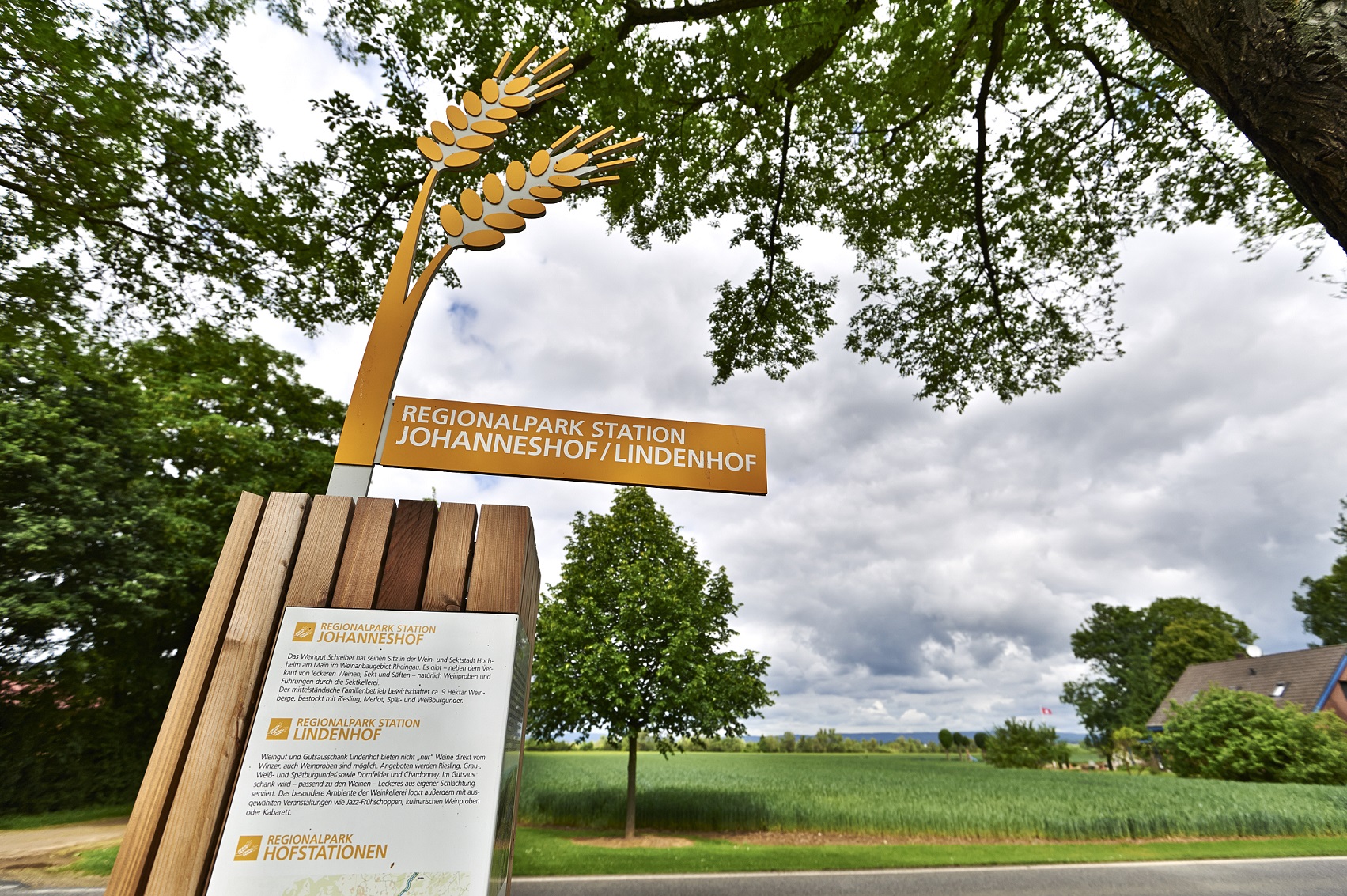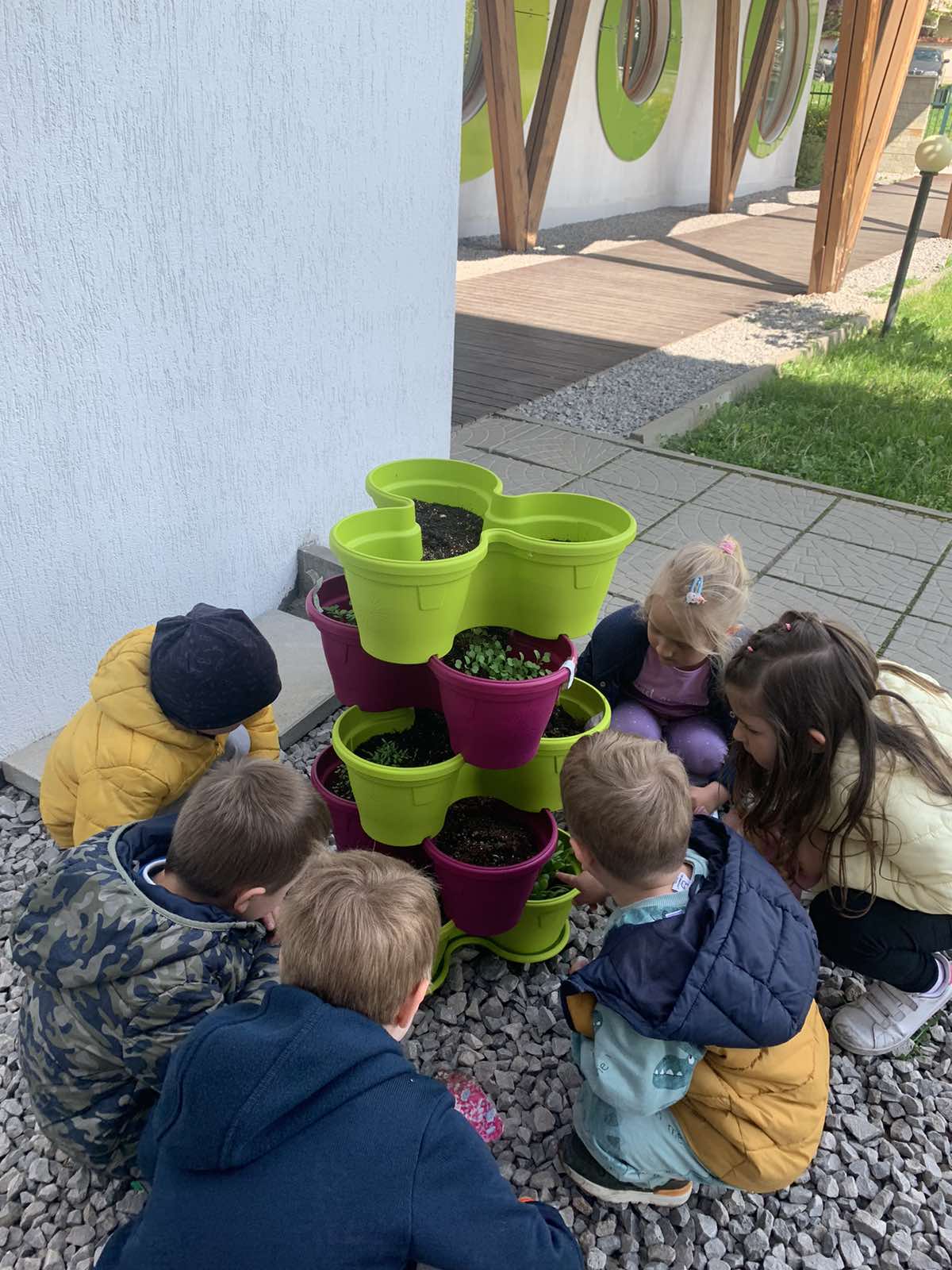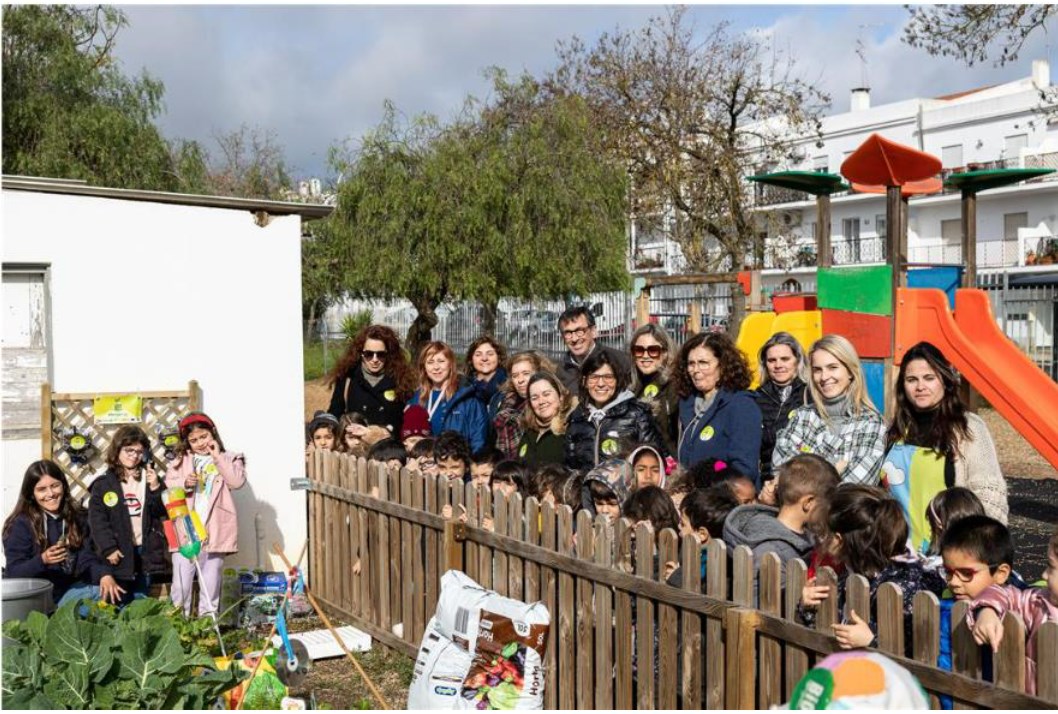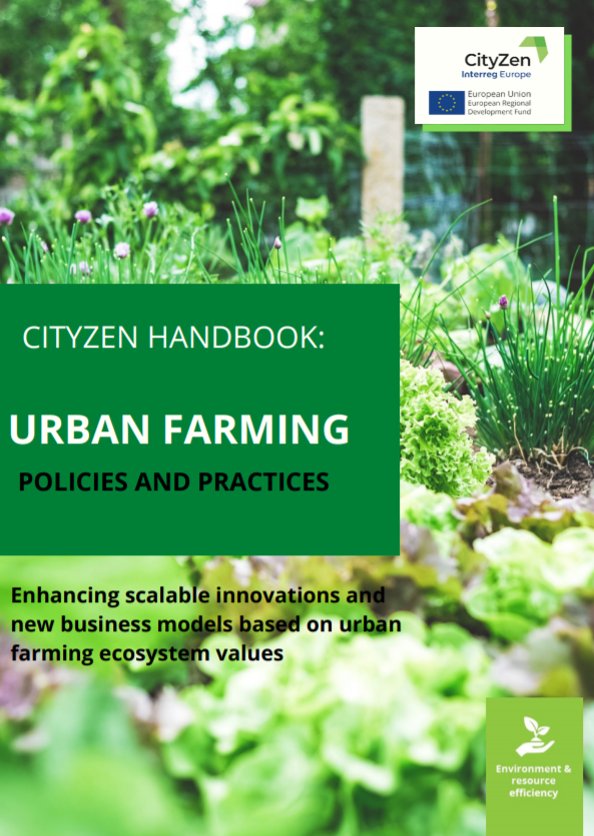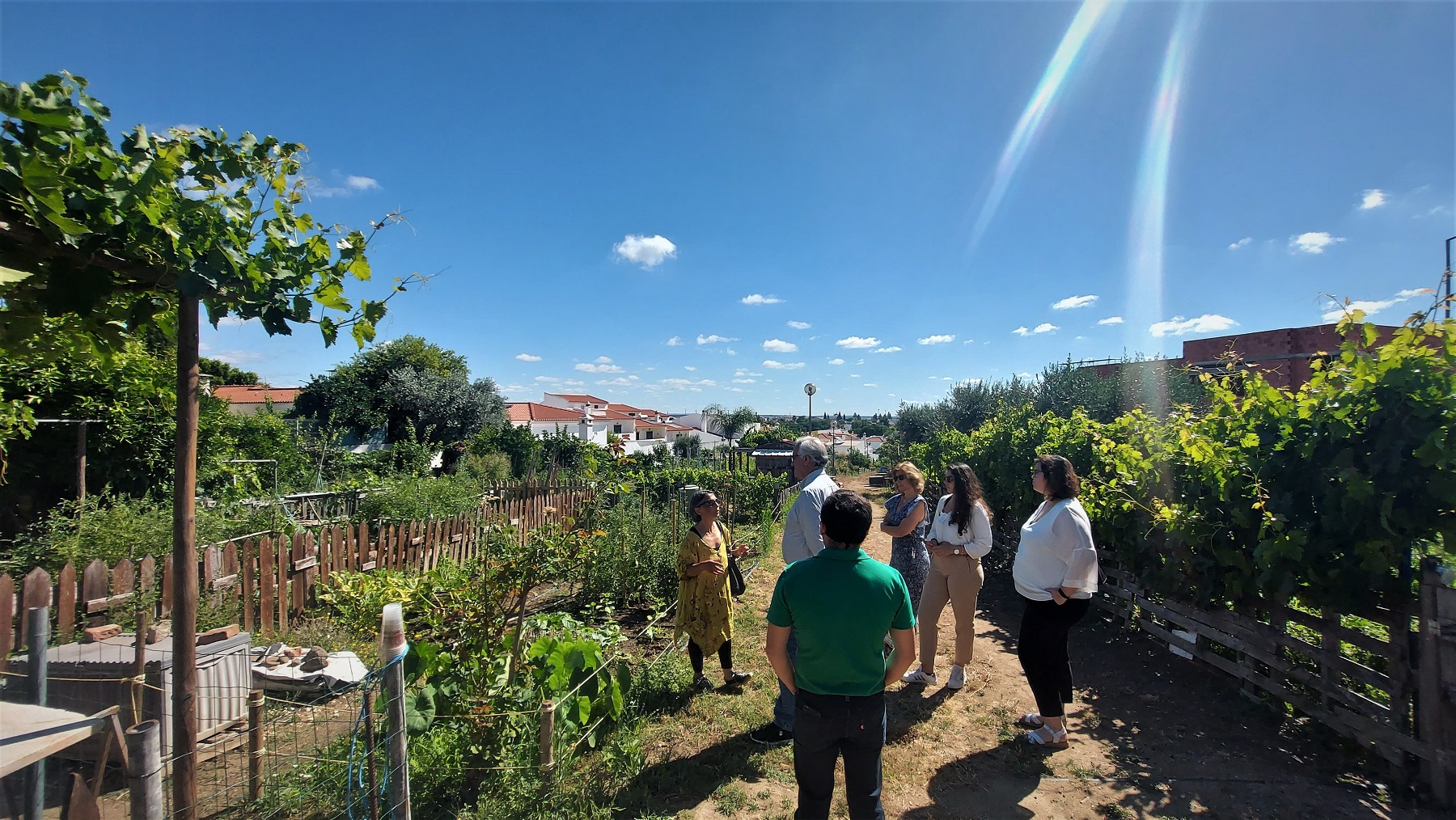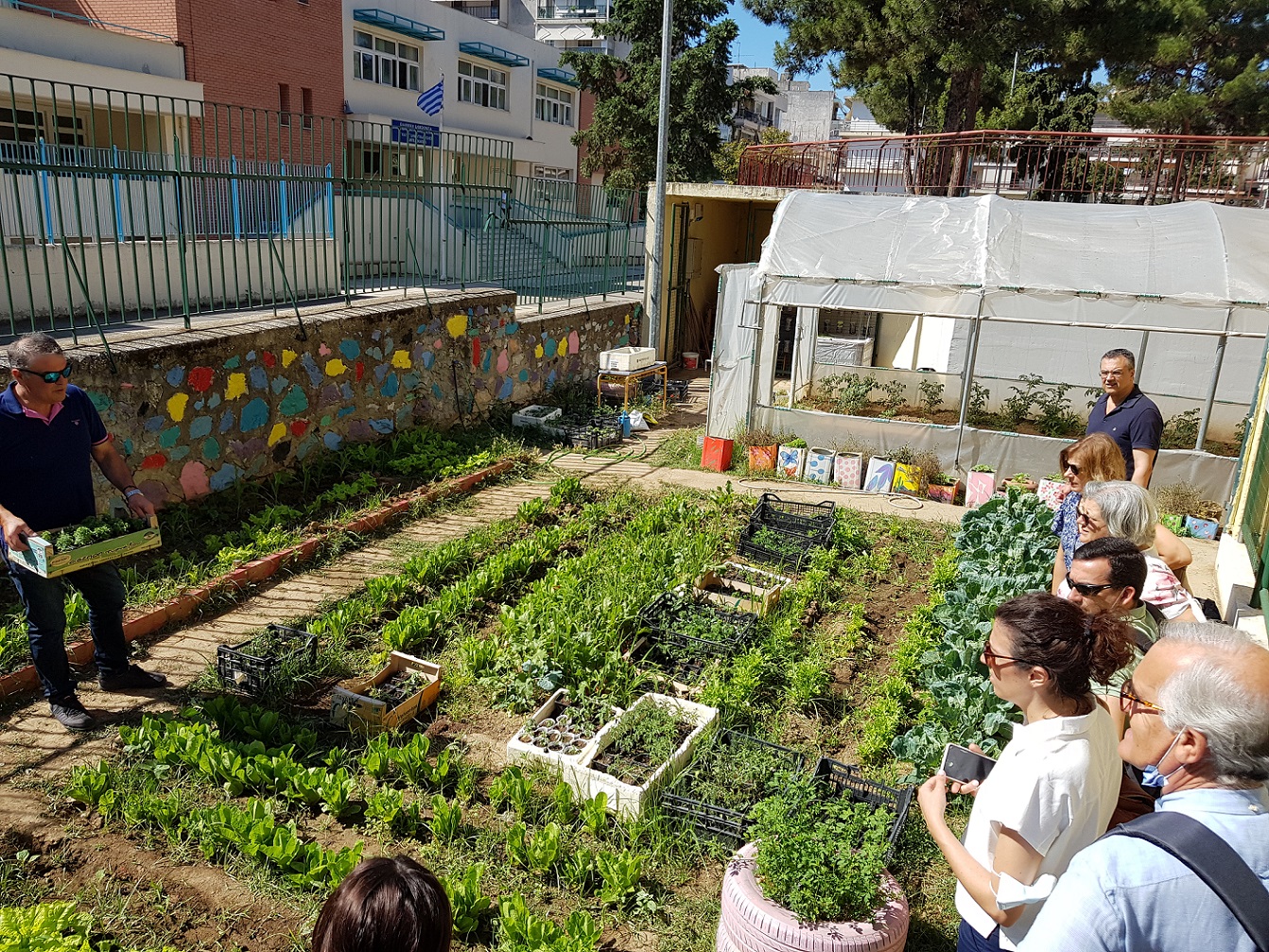In Spain, the phenomenon urban agriculture is increasing exponentially, as demonstrated by data from a study led by Gregorio Ballesteros, from the Studies and Alternatives of Madrid Polytechnic University. Urban agriculture areas have increased from 9 in 2000 to 508 in 2015 and the number of urban orchards currently exceeds 20,000.
The study further finds that the allotments are distributed among more than 300 municipalities (with a total extension of two million m²), have an average surface of 4.824 m² and average size of 75 m² and rental prices are near 5€ per month. The equipment of the orchards varies significantly and includes individual sheds, parking or composting areas, products for the garden shops, toilets, changing rooms or tool sheds.
Covid-19 contributes to the increase of urban farming because it plays an important role in the form of communal, collective and home gardens. As with the explosion of victory gardens during the Second World War, gardening has always increased during crises. Gardens should be considered a source of food for urban populations.
In terms of institutional support, in some regions urban farming is strongly supported by authorities while in others, city councils are the supporters. In Castilla y León city councils encourage the creation of urban gardens, mainly with an educational, leisure, social and environmental function.
The link to the policy instrument in Castilla y León can be done by creating new management models including urban farming practices for restoration, prevention measures, re-vegetation of city areas and promoting circular management between citizens. Most urban gardeners in Castilla y León are retired or unemployed, but there are also other groups like school children, younger or disabled people. Garden managers in Spain in general and particularly in Castilla y León are diverse, ranging from staff from their own municipalities or neighbourhood, associations, NGOs, Universities or private companies.
In all of Castilla y León’s cases, there are ordinances and rules that regulate the access, adjudication and use of the allotments. They establish who can be beneficiaries of the concession of a garden, the procedures, award criteria, the rights and duties of users and a sanctioning regime for non-compliance. Organic agriculture is usually compulsory.
However, it is necessary to study local initiatives, share good practices and promote policies and action plans for a sustainable development of this new sector. In this sense, City Zen explores the ecosystems associated to urban agriculture and promotes local policies that support new business models, improvements for local products, innovative value chains and changes in the styles of life with the overall goal to increase the sustainability of towns and regions!
Picture credit: University of Valladolid


